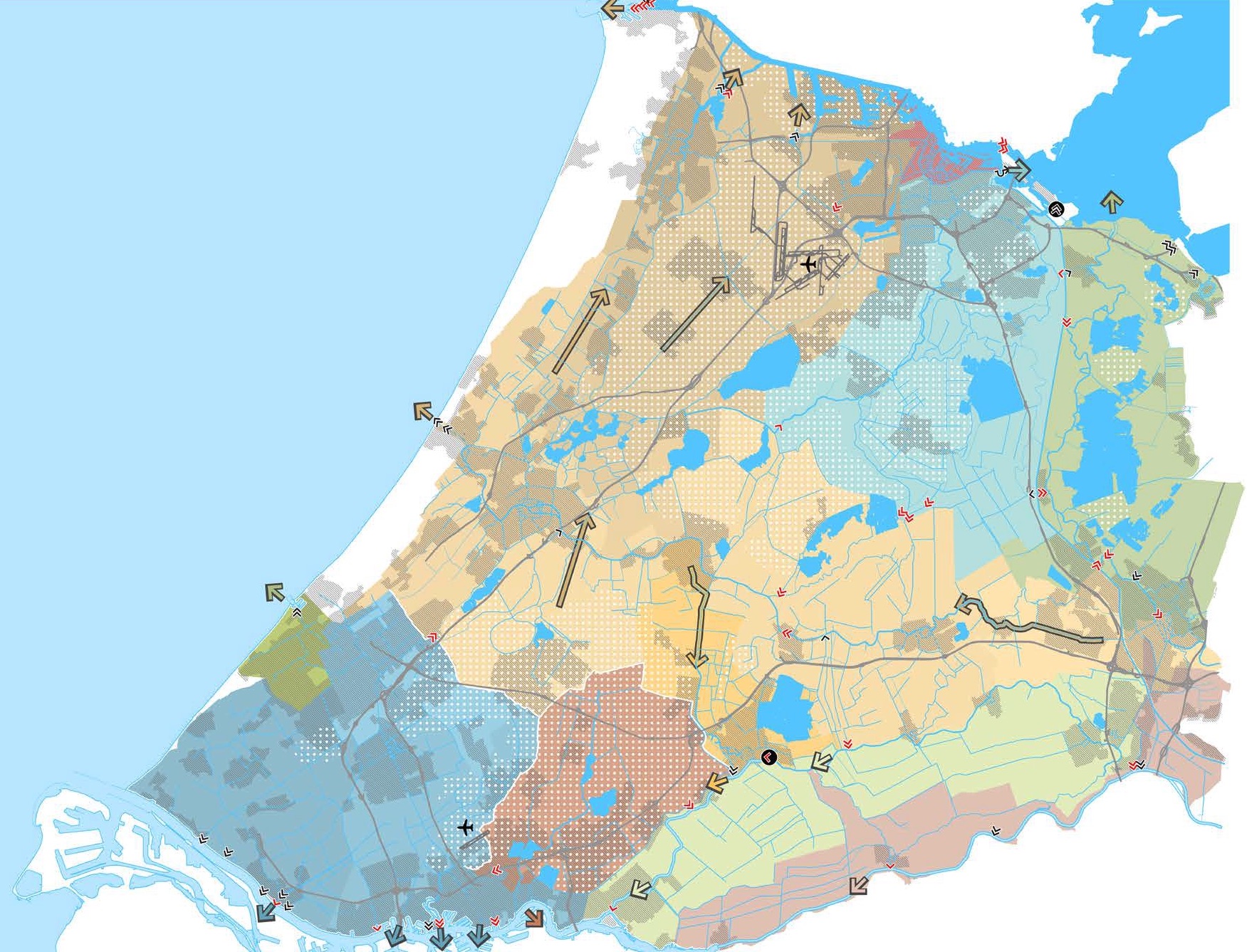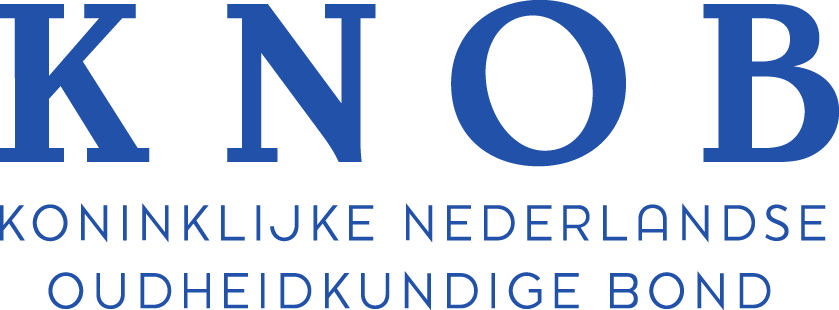Downloads
Abstract
The detailed account of discussions between the Waterlanders, the reeve and Amsterdam provided by the 2019 book Broek en Waterland. Regionale samenwerking en conflicten, 1281-1811, makes it clear that Broek in Waterland and fellow villages were continually engaged in realising influence and achieving aims through negotiation. The book also shows that the material environment that was the consequence of negotiation in turn exerted considerable influence on those negotiations. The influence of the human participants was realised by non-human actors such as money, wood or earth, with water playing a major role of course. The water infrastructure of the region was pivotal to the power those towns and villages were able to accrue. The power of the district water board turned out to be relative because it was only one of several influential administrative bodies. In practice there was also considerable overlap in administrative functions and roles in Waterland, with members of a town or village council often serving on water boards as well. This interweaving of administrative functions challenges the unquestioned impression of all-powerful, independent water boards and little administrative overlap in Dutch water management history.
How to Cite
Published
Issue
Section
License
Copyright (c) 2021 Maurits Ertsen

This work is licensed under a Creative Commons Attribution 4.0 International License.




